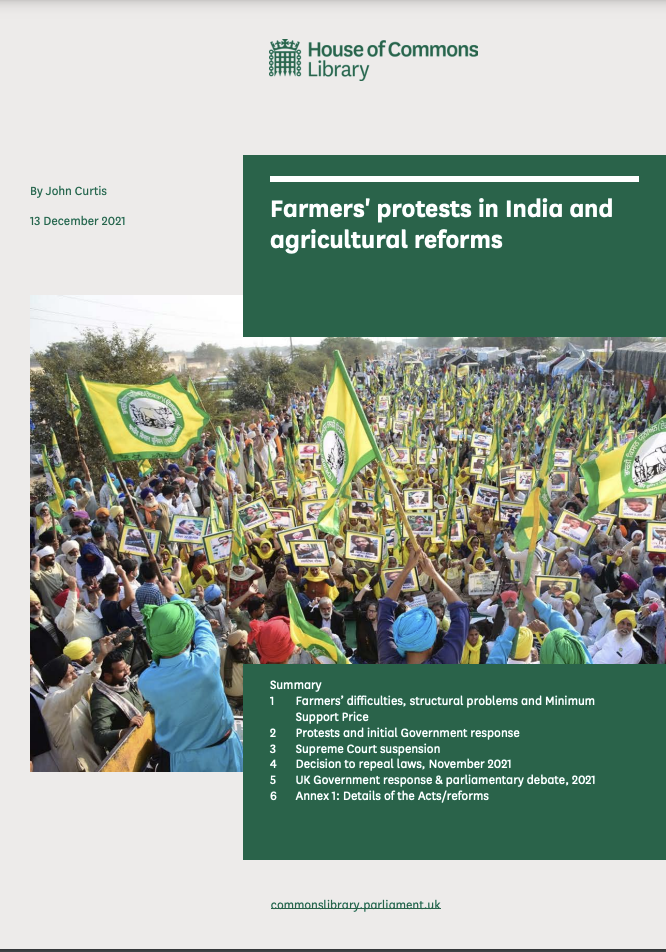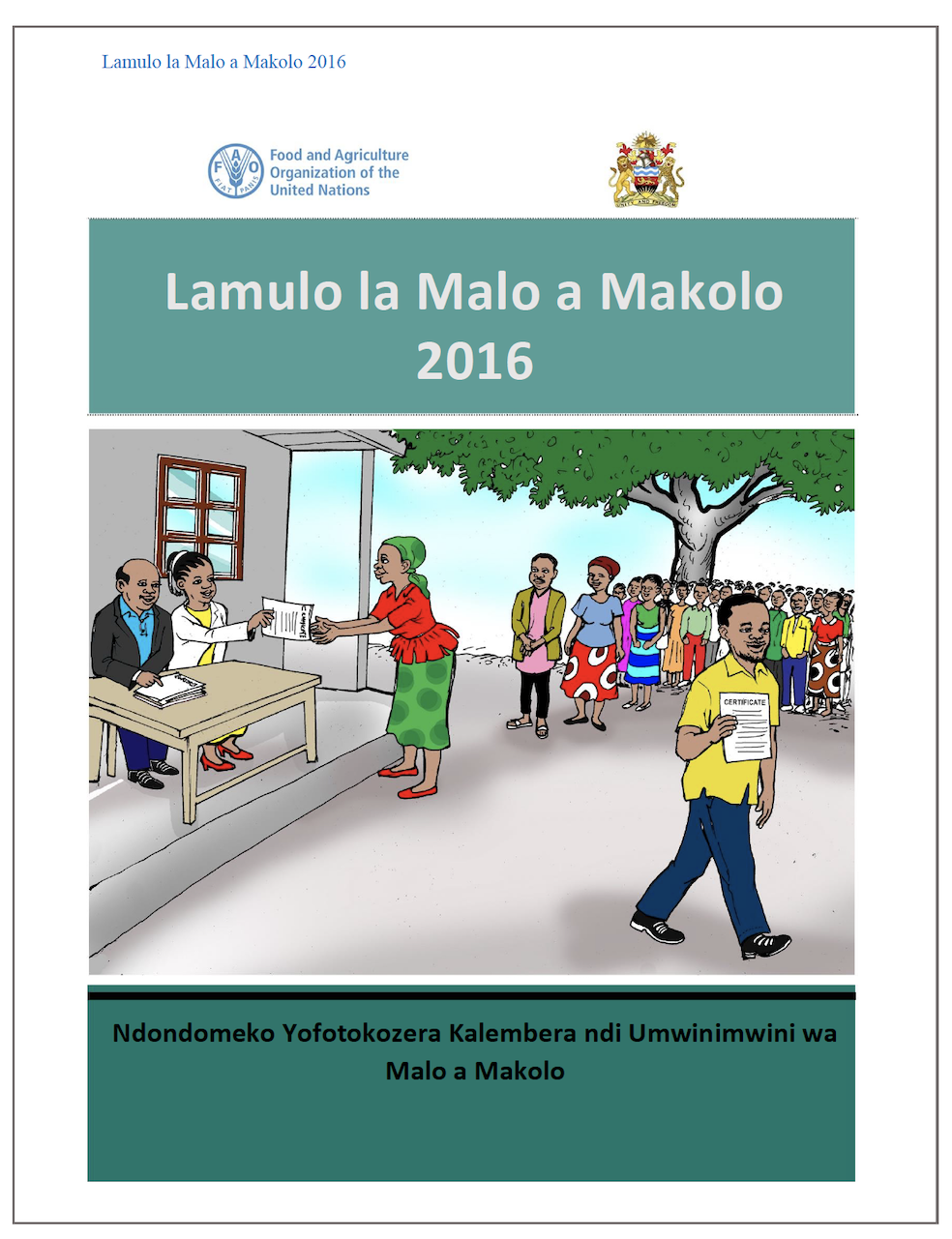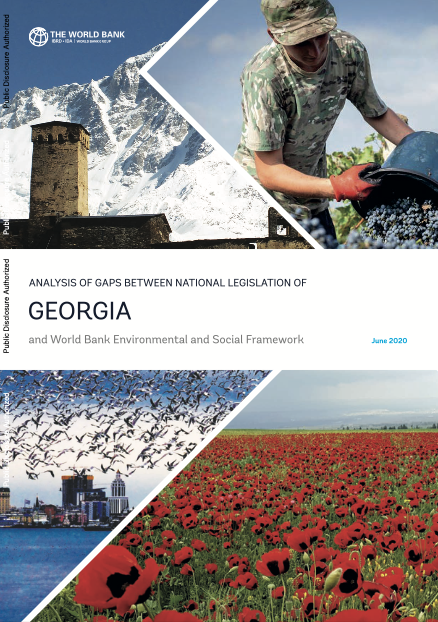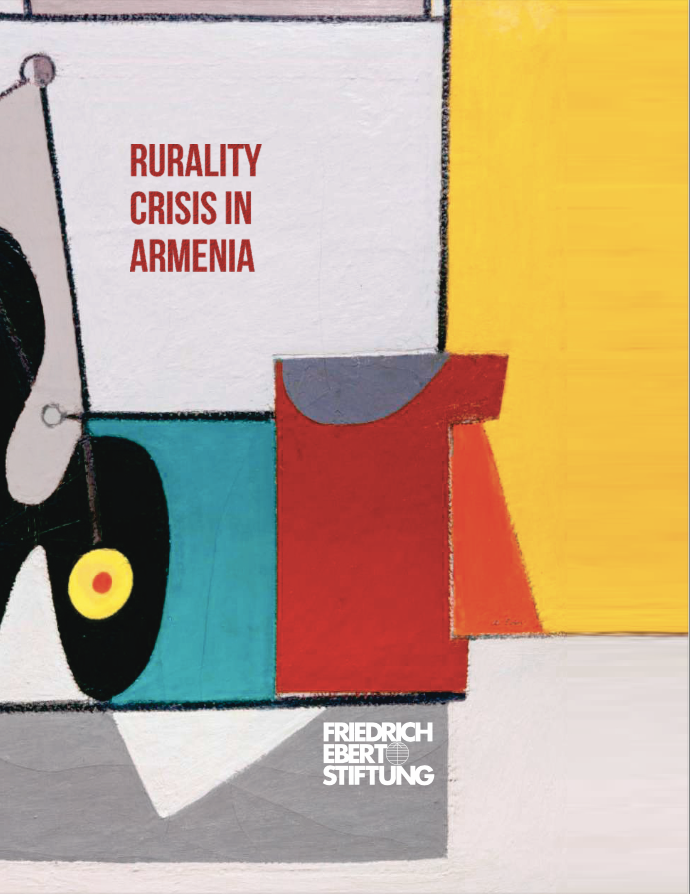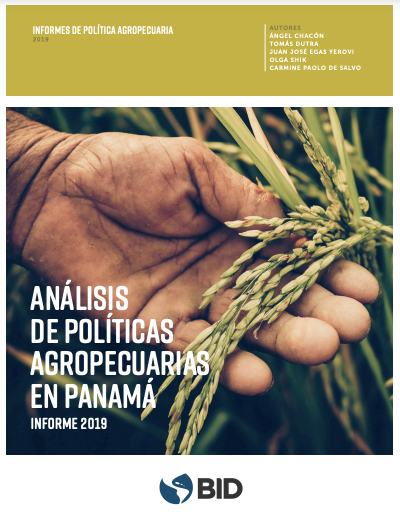Land reform in Cameroon: a coherent vision from civil society
The Cameroonian government’s decision to reform the land legal framework is an opportunity to provide real protection for rural land tenure rights, in a context where major investments and projects are increasing tenure insecurity across the country. Responding to an invitation from the administration to help design this new framework, civil society stakeholders have issued multiple proposals over the years on the topics they think should be included in the new land law. The LandCam project has documented, analysed and consolidated these proposals.

